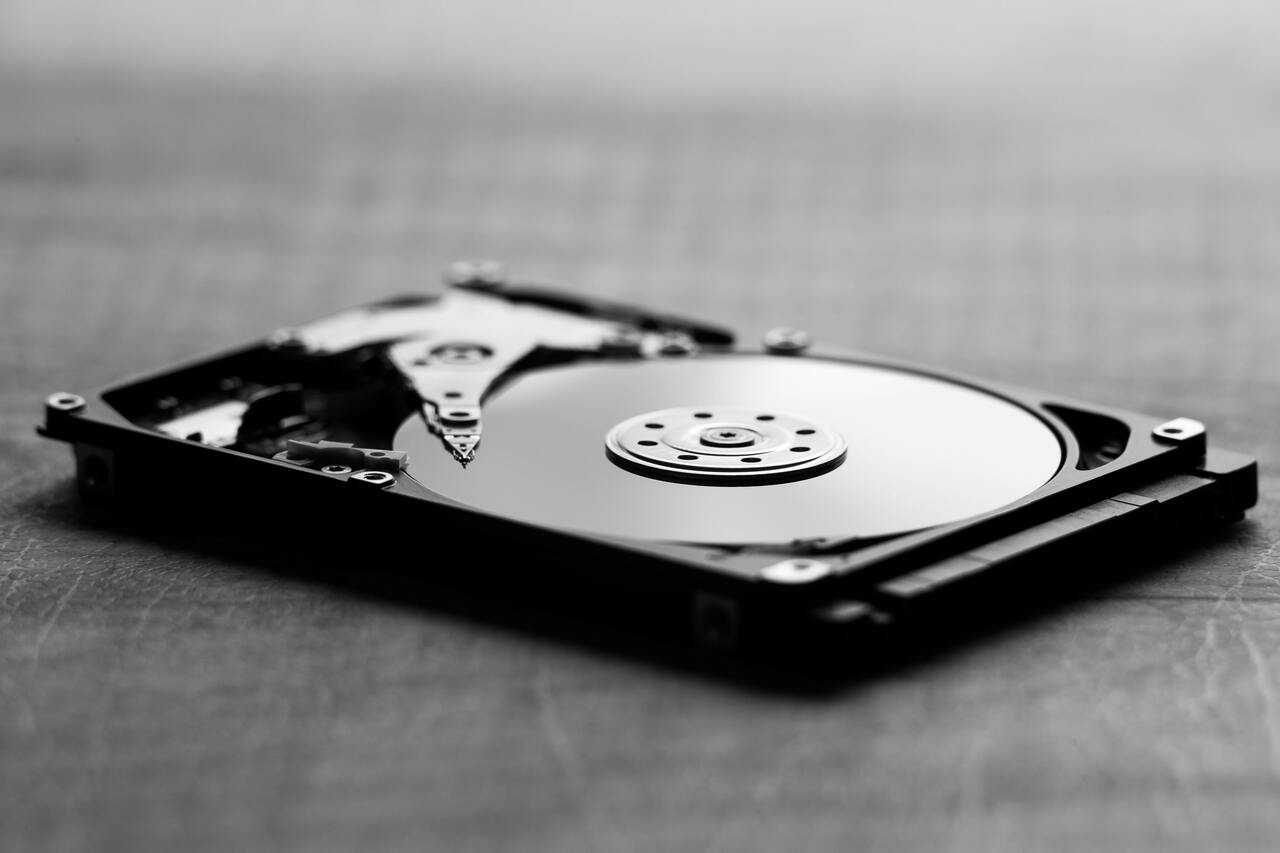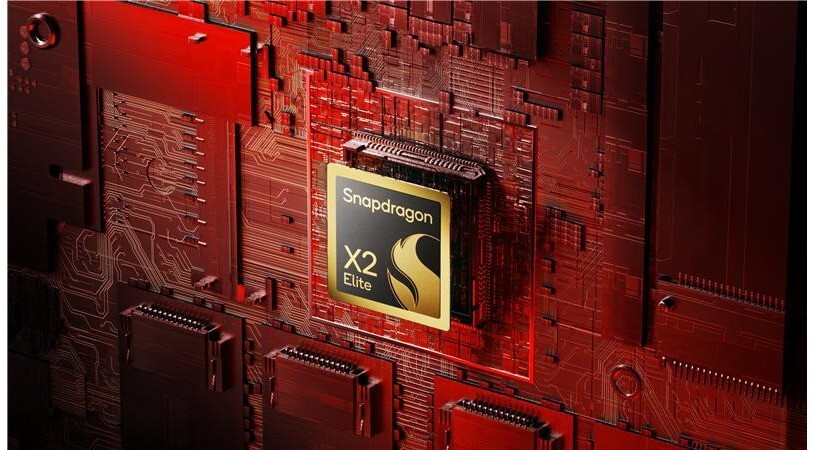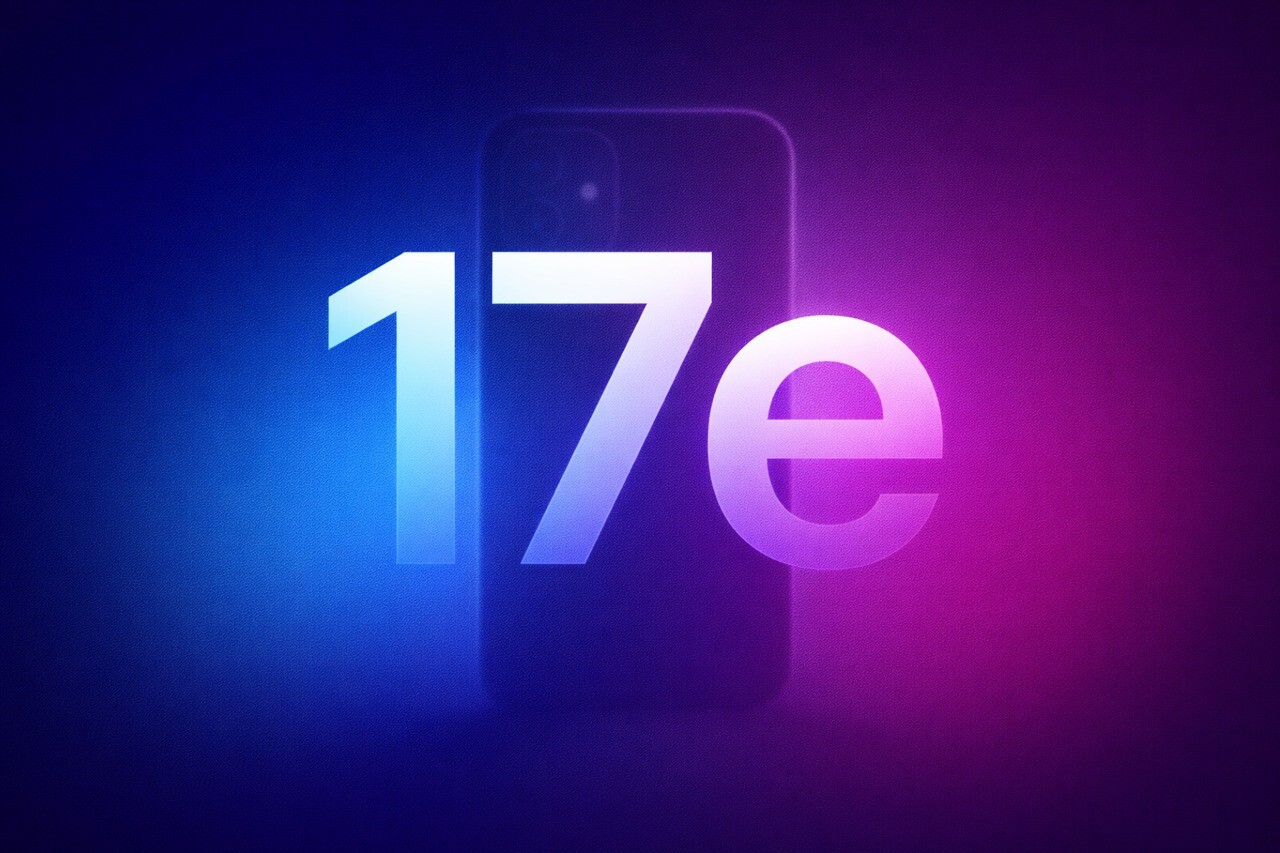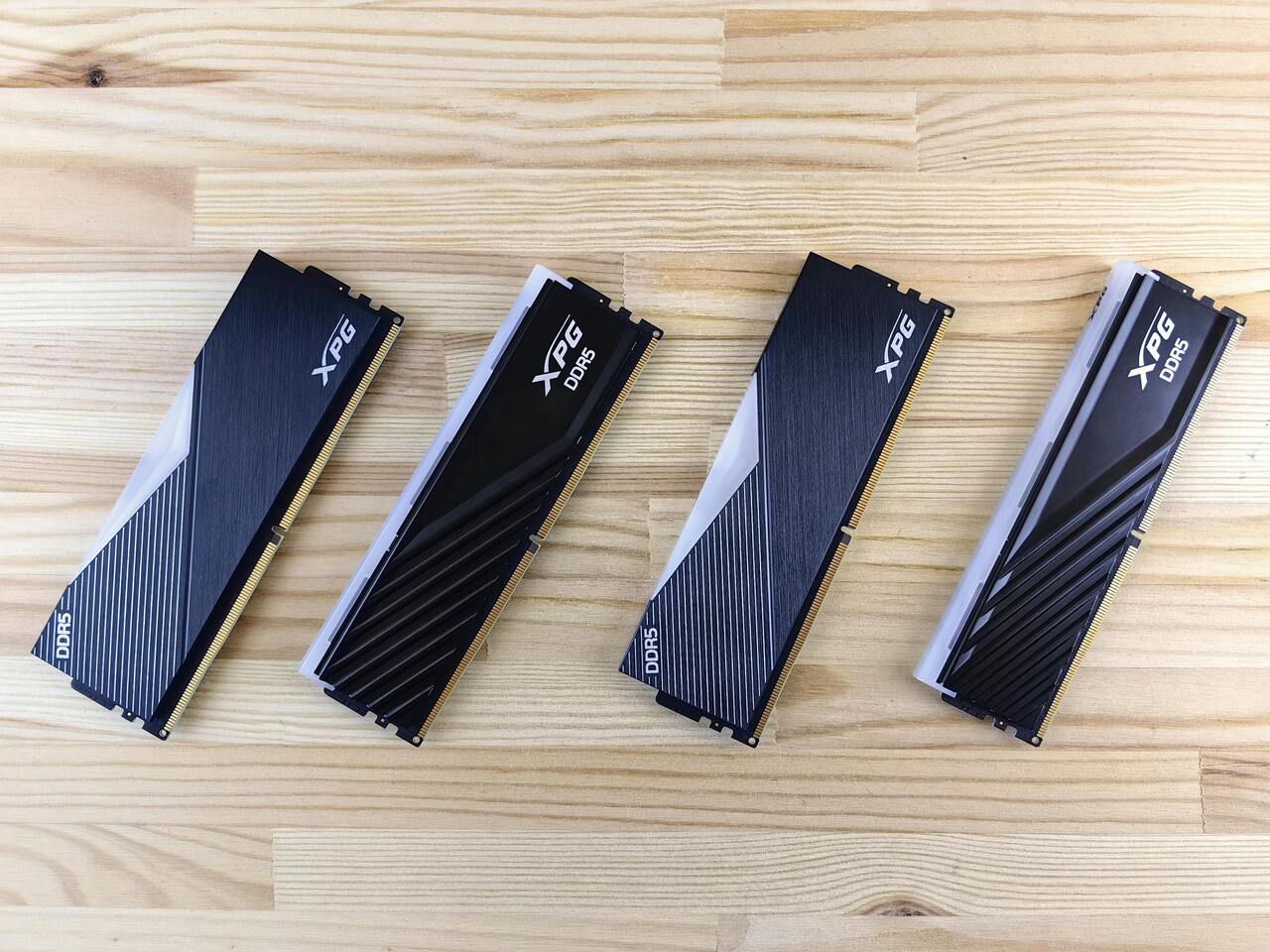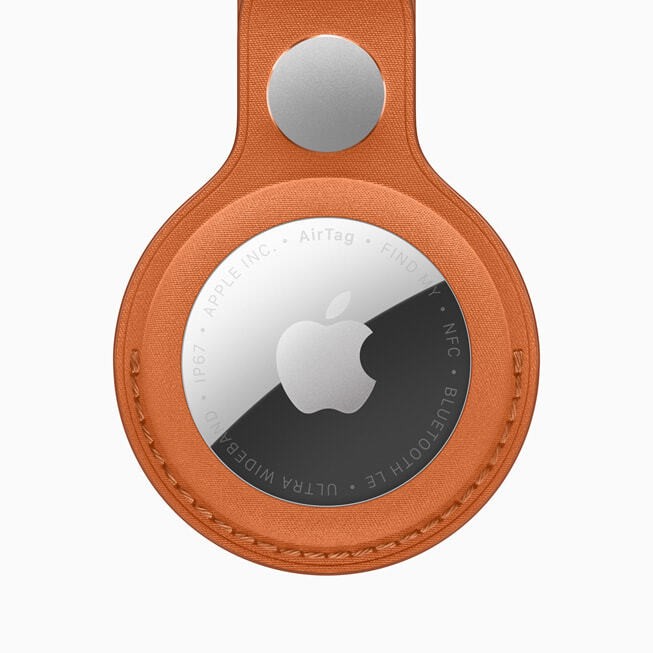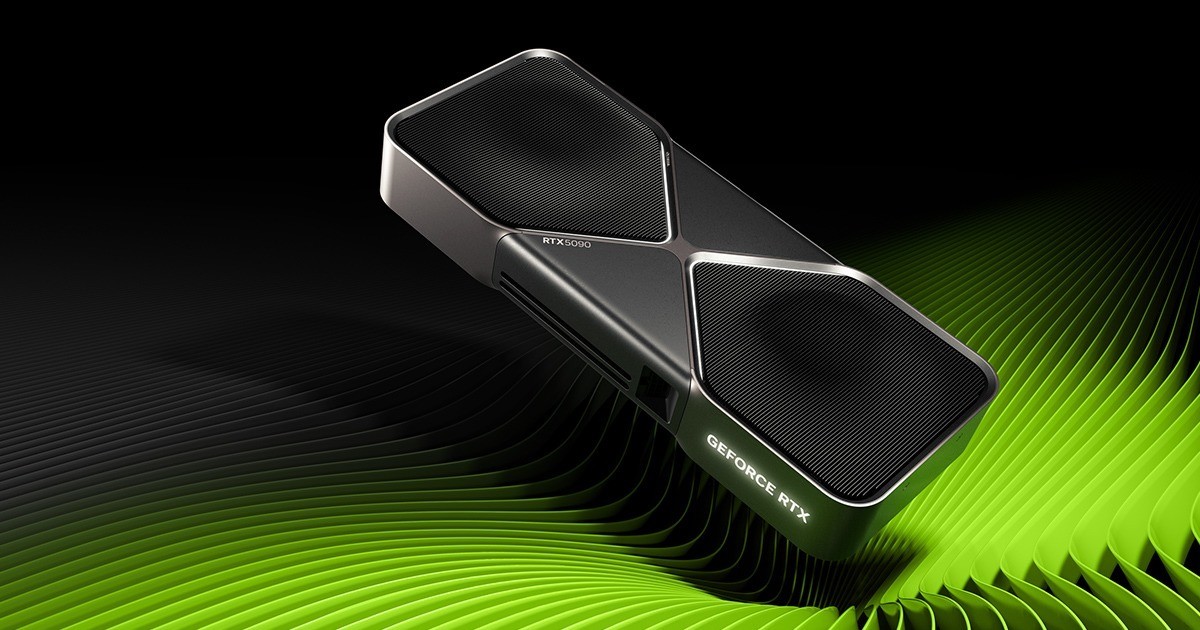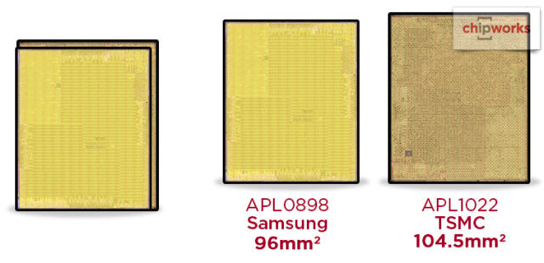
「iPhone 6s/6s Plus」で採用されているA9チップの製造元(TSMC or Samsung)の違いによってバッテリー持続時間が異なっている事が指摘されている、いわゆるChipgate問題に対し、Appleが正式にコメントを発表しました(Ars Technica、9to5Mac)。
Appleの声明は以下の通りです。
Certain manufactured lab tests which run the processors with a continuous heavy workload until the battery depletes are not representative of real-world usage, since they spend an unrealistic amount of time at the highest CPU performance state. It’s a misleading way to measure real-world battery life. Our testing and customer data show the actual battery life of the iPhone 6s and iPhone 6s Plus, even taking into account variable component differences, vary within just 2-3% of each other.
CPUを高負荷状態で連続して使用するテストは現実の使用状況に即しておらず、実生活におけるバッテリー寿命を測定する方法としては紛らわしいものである、と指摘した上で、実際のiPhone 6sとiPhone 6s Plusのバッテリー持続時間には、使用されているコンポーネントの差から2〜3%の差が存在していると説明しています。
実際、軽いテストでは、チップの違いによるバッテリー持続時間の差は、高負荷ベンチマークよりも小さくなるという事実が別のテスト動画でも報告されていますので、Appleの主張は一理あるといえるものかもしれません。

